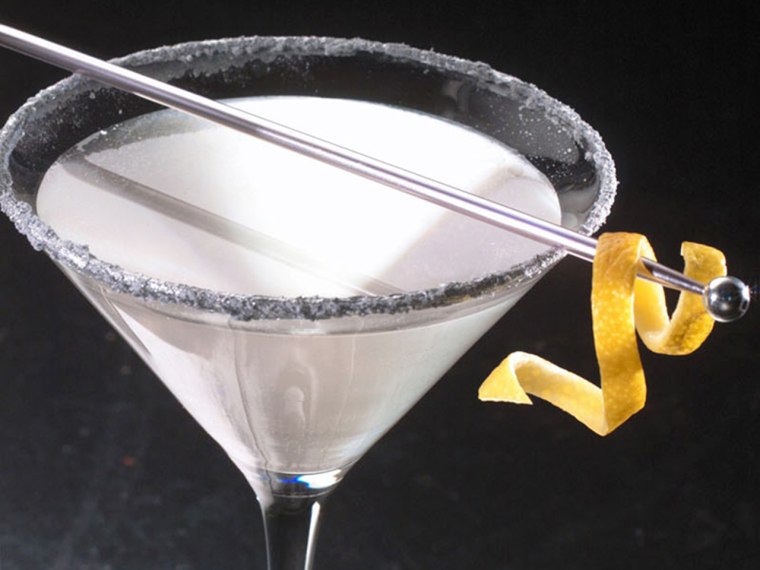By Madeline Haller

It's not exactly breaking news: Drinking too much alcohol can increase your chances of getting cancer. But now researchers may have finally figured out one of the reasons why your favorite vice is deadly.
In a study presented at the National Meeting and Exposition of the American Chemical Society last month, researchers gave 10 people increasing doses of vodka -- comparable to one, two, and three drinks--once a week, over the course of three weeks. DNA samples after each dose showed that the vodka led to more DNA damage in the subjects' oral cavity cells.
Here's how it works: When your body breaks down that happy hour cocktail, it forms a substance called acetaldehyde--a chemical backbone that resembles formaldehyde, which is a known human carcinogen, says lead study author Silvia Balbo, Ph.D., a cancer researcher at the University of Minnesota. But usually when alcohol is being metabolized, the acetaldehyde is quickly modified into acetate, which is a relatively harmless substance.
However, not everyone has the necessary enzyme required for turning acetaldehyde into acetate--and that's when problems arise. Without that enzyme, the acetaldehyde in your body attaches to your DNA, creating a DNA adduct (a piece of DNA that is bonded to a cancer-causing chemical). This new bond interferes with DNA activity, thereby upping your risk for cancer.
Simply put, the more of those adducts you have, the worse off you are. And in Balbo's study, the subjects' DNA adducts increased 100-fold in their oral cavity cells within hours after each dose.
So is it time to swear off the sauce for good? Not exactly. Controlled, social drinking doesn't have an immediate, horrible effect on your body, Balbo says.
"After 24 hours, the levels of DNA damage were reduced, returning to what we measured before the alcohol consumption," says Balbo. So either the enzymes fixed the problem or the body got rid of the cells that were damaged, she explains.
Besides, very few of us actually lack that key enzyme, says Balbo. But considering that alcohol is a risk factor for multiple cancers (including liver, colon, and esophageal), let it serve as one more reminder to drink smart, and drink in moderation.
Your rule of thumb: Stick to two drinks or less a day, per the American Cancer Society's general recommendation. One drink in the U.S. equals a 12-ounce glass of beer, a 5-ounce glass of wine or a 1.5-ounce glass of 80-proof alcohol (hard liquor). And if you want to make your cocktail count--sign up for our FREE Guy Gourmet newsletter to get the latest, greatest drink recipes delivered straight to your inbox.
More links from Men's Health: